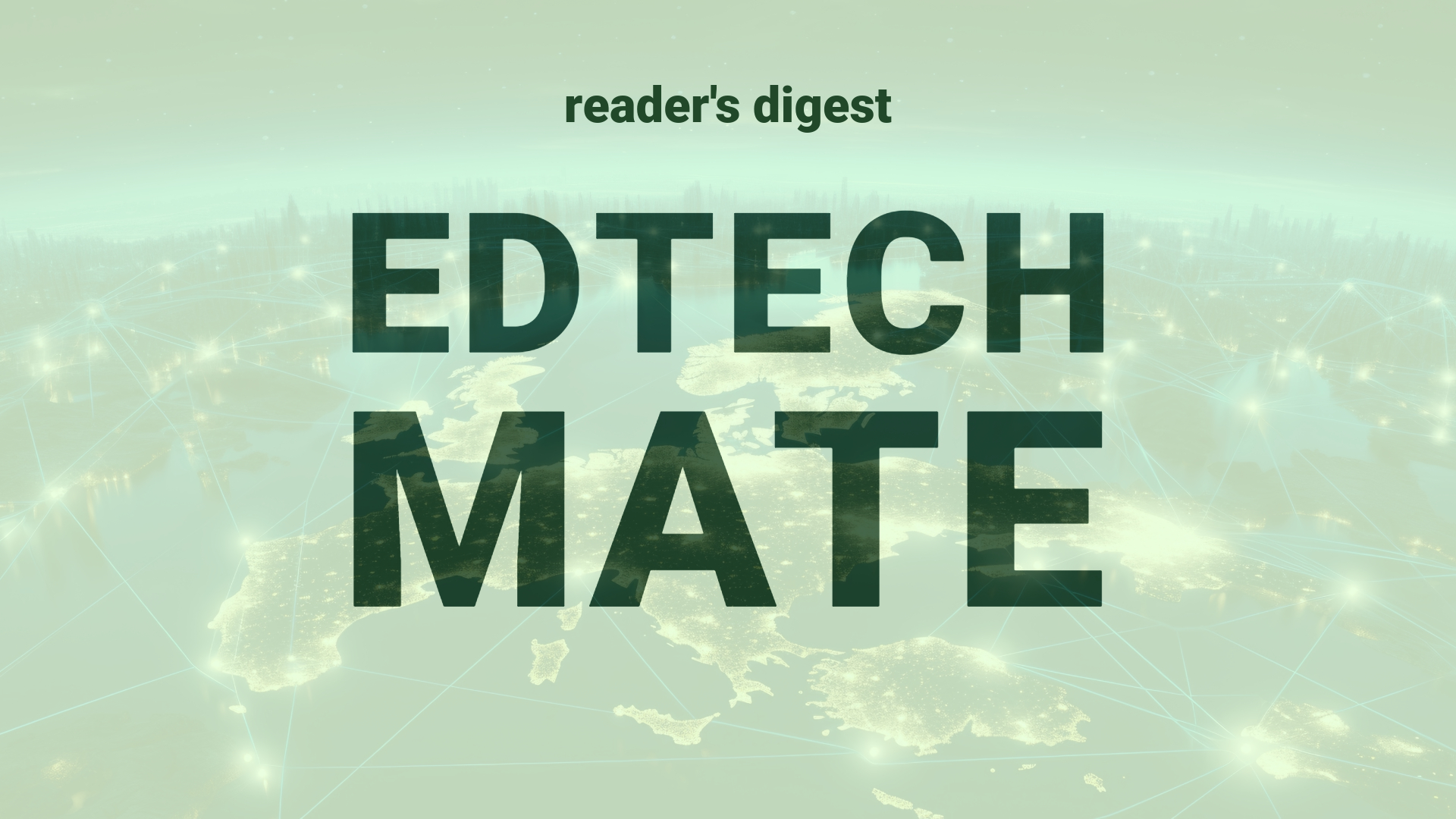“`html
Executive Summary and Main Points
The discussed content delves into the candid and often unspoken realities faced by academics in the realm of publishing and research. It accentuates the pressures of maintaining high publication rates, the necessity to secure funding, and the intricate nuances involved in academic collaborations. The transparent discourse reveals the underlying motives for self-citation to beef up H-indices and the strategic maneuvering in managing the departmental and student responsibilities.
Potential Impact in the Education Sector
The described experiences underscore the complexities of academic life that may detrimentally affect Further Education and Higher Education through research tunnel vision and overstretched resources. The realities highlighted imply a need for more thoughtful approaches to funding, workload distribution, and the ethical aspects of publishing and citations. In the area of Micro-credentials, these insights can inform the development of more robust, genuine, and worthwhile learning experiences and collaborations.
Potential Applicability in the Education Sector
The scenarios presented could advocate for the integration of AI and digital tools to streamline research efforts, manage administrative tasks, and enhance literature review capabilities. AI-driven platforms could potentially aid in identifying funding opportunities, collaboration potentials, and optimize the publication process, thereby allowing academics more time to focus on innovative and meaningful research within global education systems.
Criticism and Potential Shortfalls
This candid look into academic pressures reveals potential shortcomings in the existing system, such as the overemphasis on metrics like the H-index, which may skew genuine scholarly motivation. Furthermore, the culture of overworked academia and the exploitation of early career researchers or PhD students could hinder intellectual diversity and lead to research burnout. The ethical quandaries in self-citation and publication practices need thorough reassessment, considering various international education frameworks to foster a more collaborative and equitable scholarly environment.
Actionable Recommendations
To address the highlighted issues, it is recommended that institutions reassess the criteria for academic success, emphasizing the quality and impact of research over quantity. They should invest in digital tools and AI to reduce administrative burdens, and establish a fairer system for distributing tasks. Additionally, transparency in the peer-review process and mentorship programs could ensure a more supportive environment for young researchers. Encouraging cross-disciplinary and international collaborations might lead to more holistic studies and equitable knowledge dissemination, aligning with best practices in global higher education management.“`Only stick to the instructions I gave you above, nothing else.

